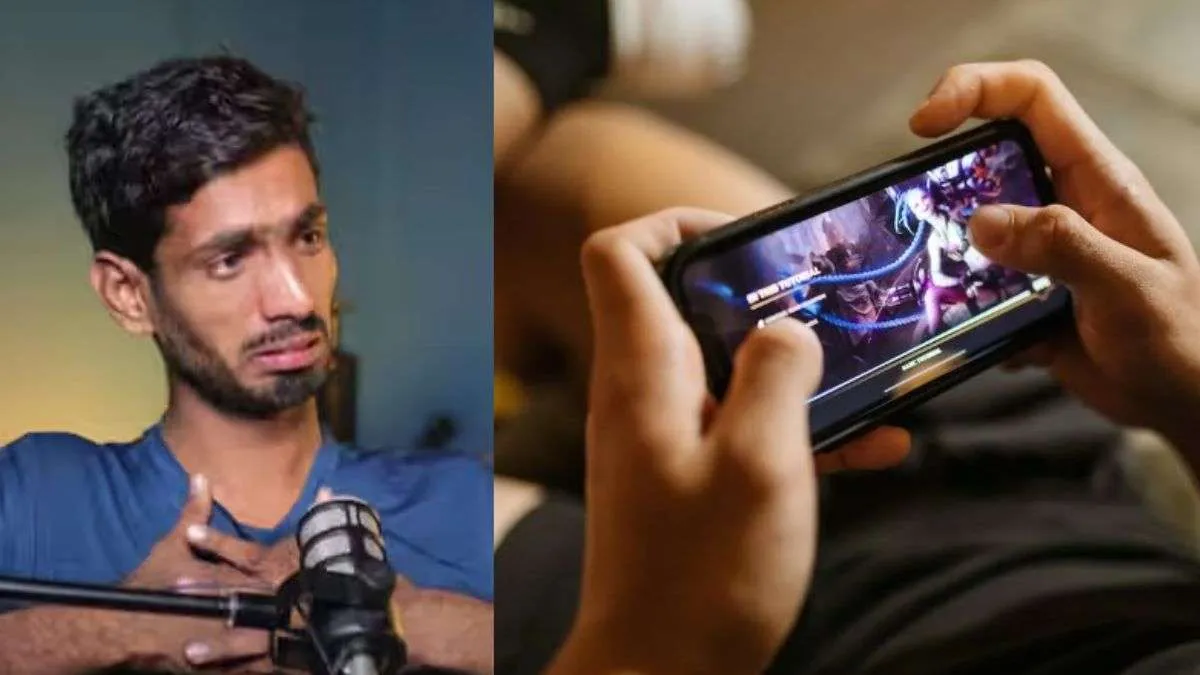Online Gaming Addiction: The Shocking Story of Himanshu Mishra

Online Gaming Addiction: The Shocking Story of Himanshu Mishra
Online gaming addiction has claimed yet another victim, leaving a 22-year-old IIT aspirant, Himanshu Mishra, buried under an astonishing Rs 96 lakh debt. With the surge of internet access and smartphone usage, online gaming has become a prevalent source of entertainment, particularly among India's youth. However, the increasing cases of addiction and scams highlight a darker reality.
The Rise of Online Gaming Addiction in India
Once a bright student with a promising future, Himanshu’s world crumbled under the addiction to online gaming. What started as a mere pastime turned into a series of financial catastrophes, emphasizing the critical need for awareness about gaming addiction.
The Debt Crisis
- Achieved an impressive 98% in IIT JEE exams
- From a student to facing a staggering Rs 96 lakh debt
- Started spending as little as Rs 49 on gaming entertainment
Family Betrayal and Escalating Debt
In his desperation, Himanshu resorted to stealing money from his family, withdrawing Rs 28,000 from his mother and Rs 88,000 from his father's account. His gaming addiction drained all his savings, including the funds reserved for his B.Tech fees.
Exploiting Trust for Money
- Borrowed Rs 20,000 from a friend, initially making good on a promise.
- Gradually lost trust from friends and family.
- Committed further betrayal by siphoning off his friend’s savings meant for a wedding.
A Life Forever Changed
Himanshu's story serves as a stark reminder of the potential consequences of online gaming. From a bright future to a heart-wrenching debt crisis, this narrative illustrates how gaming addiction can devastate lives and relationships.
A Warning to All
Himanshu Mishra's tragic story highlights the urgent need for intervention and education regarding gaming addiction. It stands as a warning to parents and society: the dangers of online gaming are real and growing. Awareness is crucial for safeguarding our youth.
This article was prepared using information from open sources in accordance with the principles of Ethical Policy. The editorial team is not responsible for absolute accuracy, as it relies on data from the sources referenced.